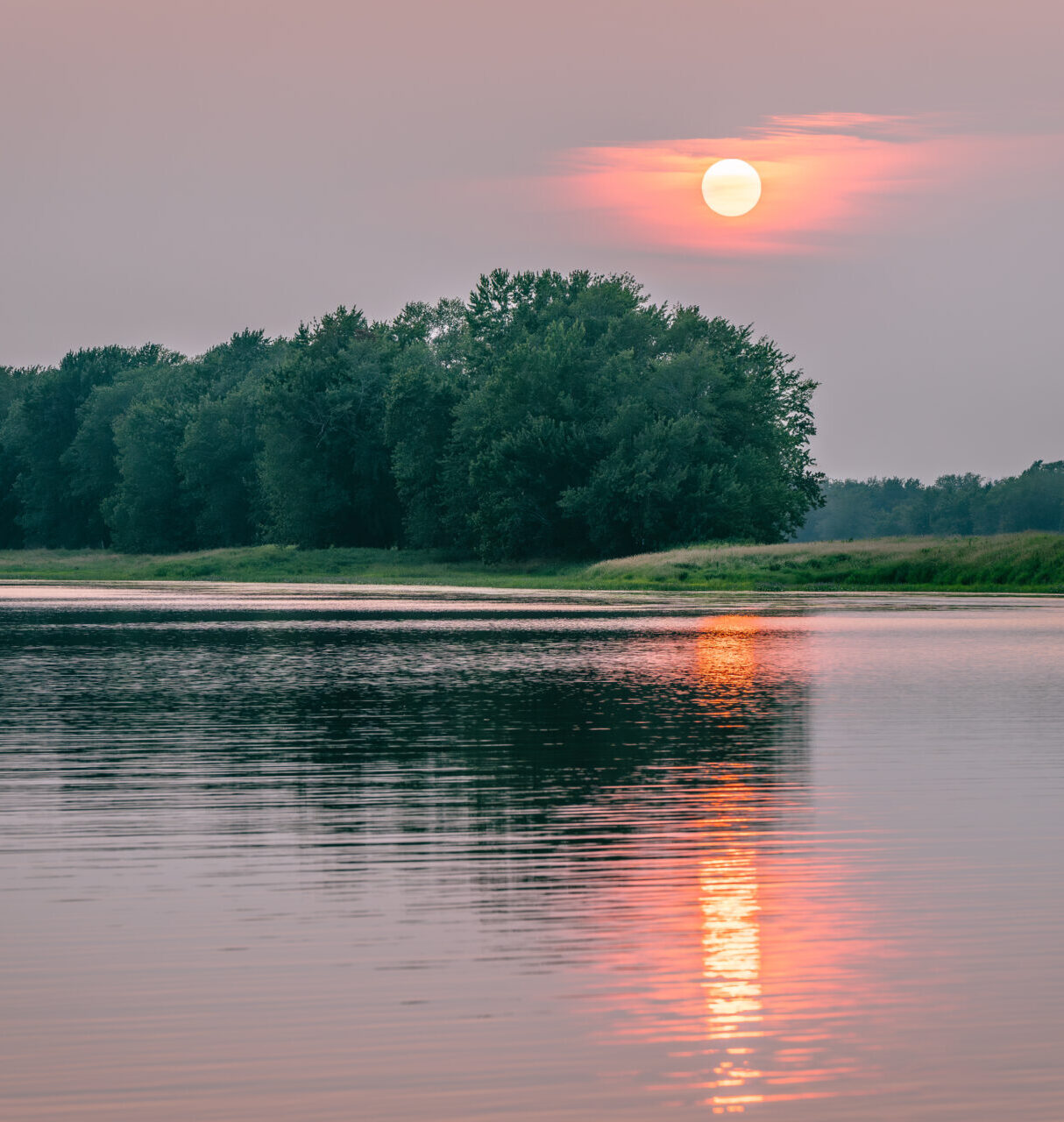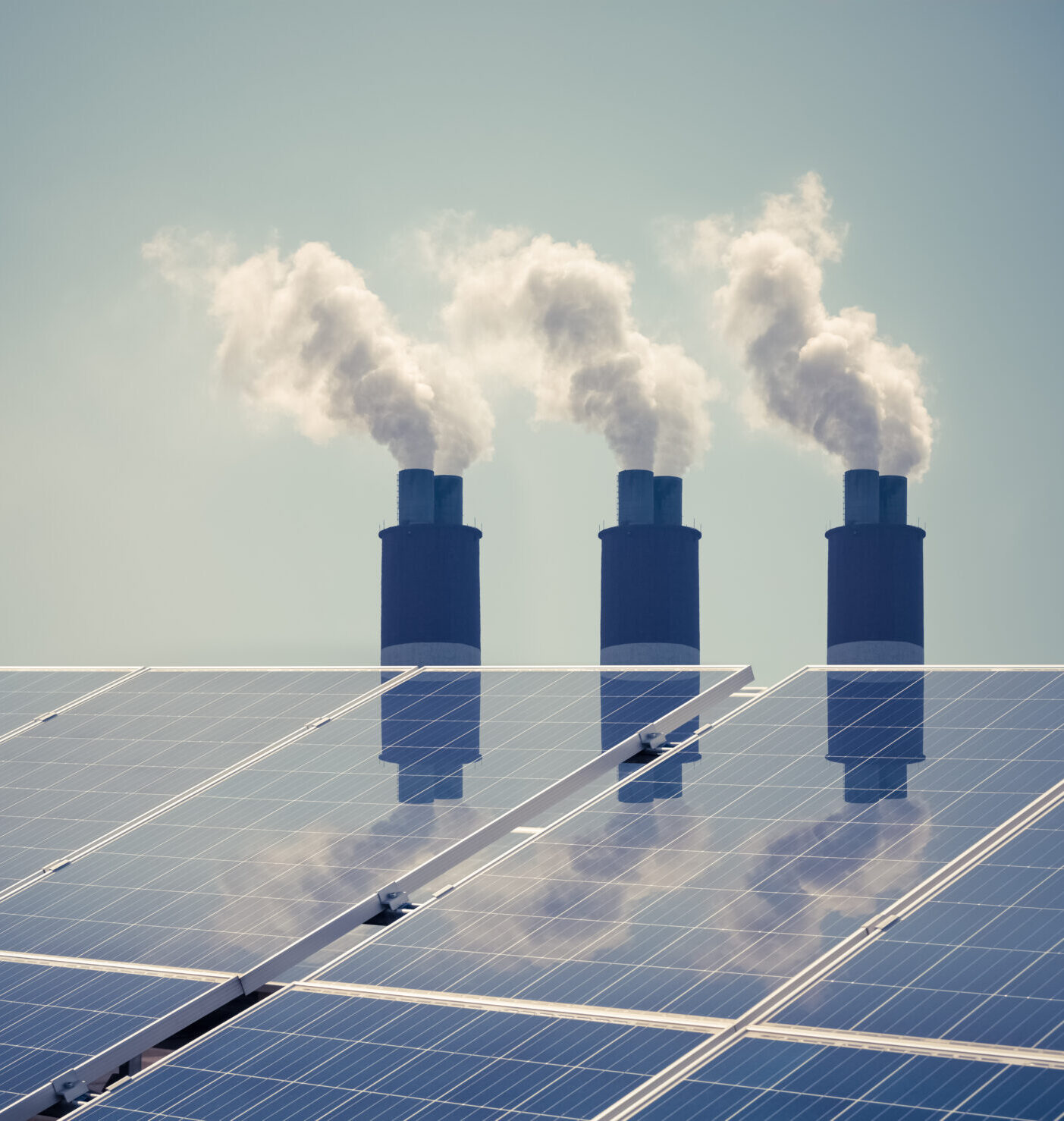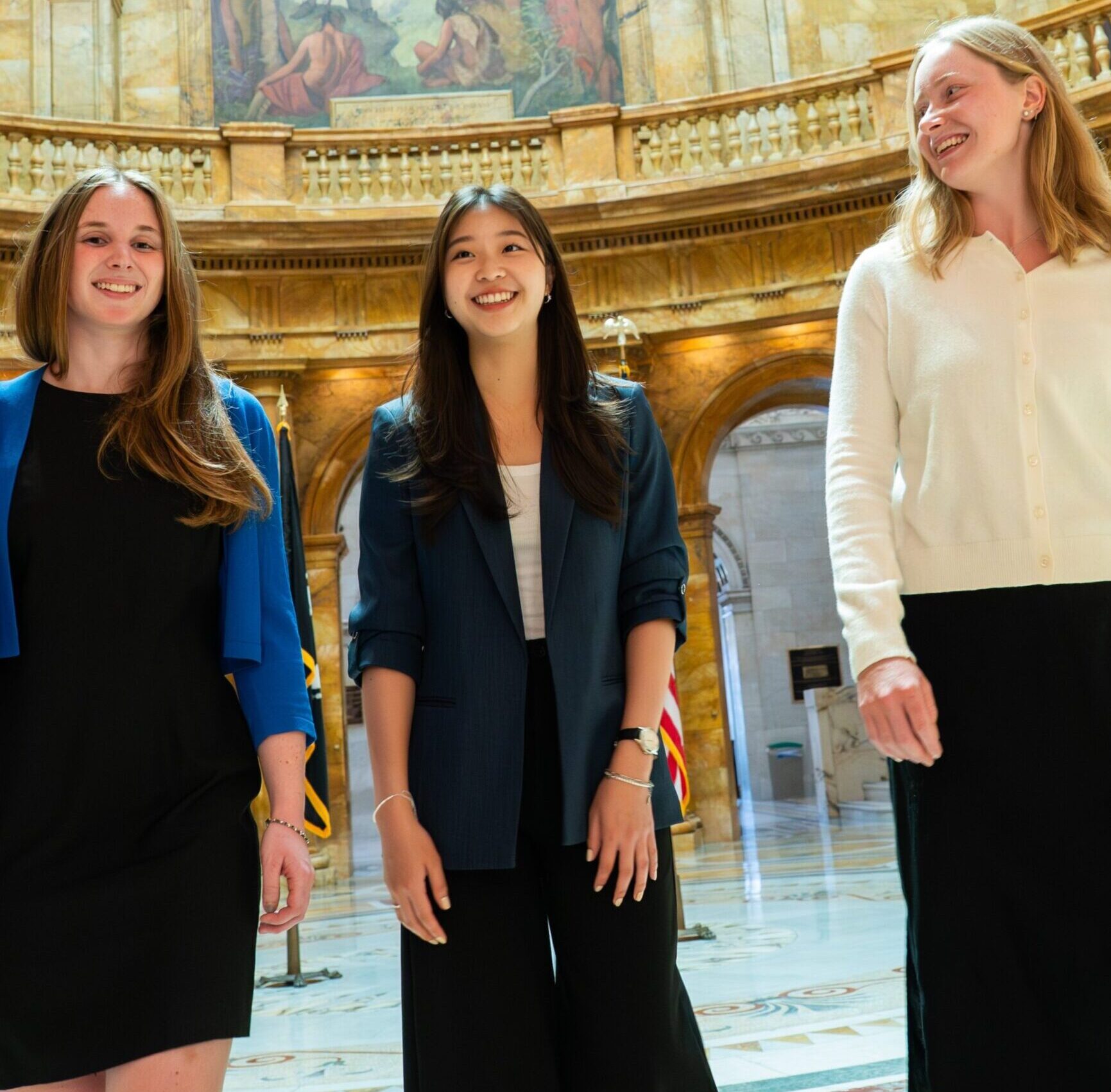Politics of the Environment and Climate Change, GOV1722
In GOV1722, Politics of the Environment and Climate Change, students learn how policy decisions are made across government systems to address the effects of climate change on people’s everyday lives. Through in-class policy simulations, students explore the complex social, economic, and political factors that drive climate-policy decision making. GOV1722 students also get a rare and important opportunity to apply these insights to real-world climate policymaking through a connection with EPA Region 1 facilitated by the Salata Institute.
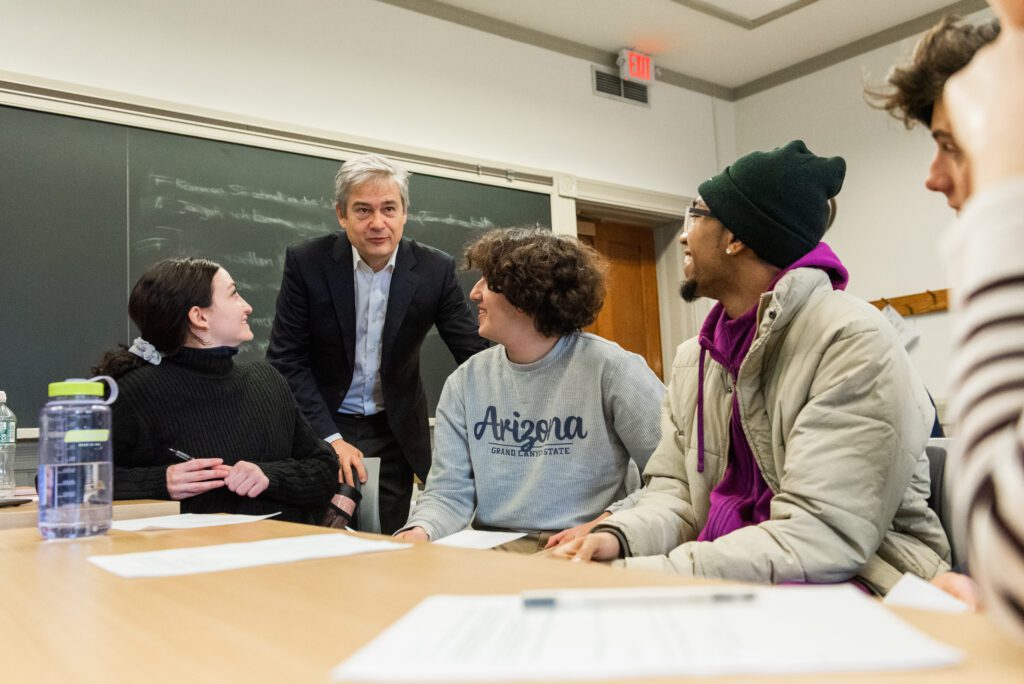
The innovative new course was created by Steve Ansolabehere, Frank G. Thompson Professor of Government, and Dustin Tingley, Professor of Government. Their goal was to offer students an intellectually stimulating, yet practical learning experience, which challenged students to think critically and learn from climate issues facing local communities. The course entails policy simulation exercises and engagement in community-based projects.
The simulations are based on current climate policy debates. In one class, students were asked to represent the interests of various constituencies involved in power grid regulation. Suddenly, groups of natural gas, wind, and solar power plant operators were competing to sell their power to their grid operator classmates.
On a cloudy day, the solar power group was out of luck—they couldn’t generate enough power to offer a competitive price. However, a climate-conscious grid operator opted to negotiate only with wind and solar generators, even when the natural gas group offered the more competitive price.
The simulation activities give students insight into the complex factors driving climate decision-making, such as constituent interest, market forces, and political restrictions which guide climate policymaking. “Coming to an agreement that makes everyone happy can seem near impossible,” said Fred Asare-Konadu, Harvard College ‘24, “and our class negotiations are only a simplified version of the real conversations that are taking place around the world.”
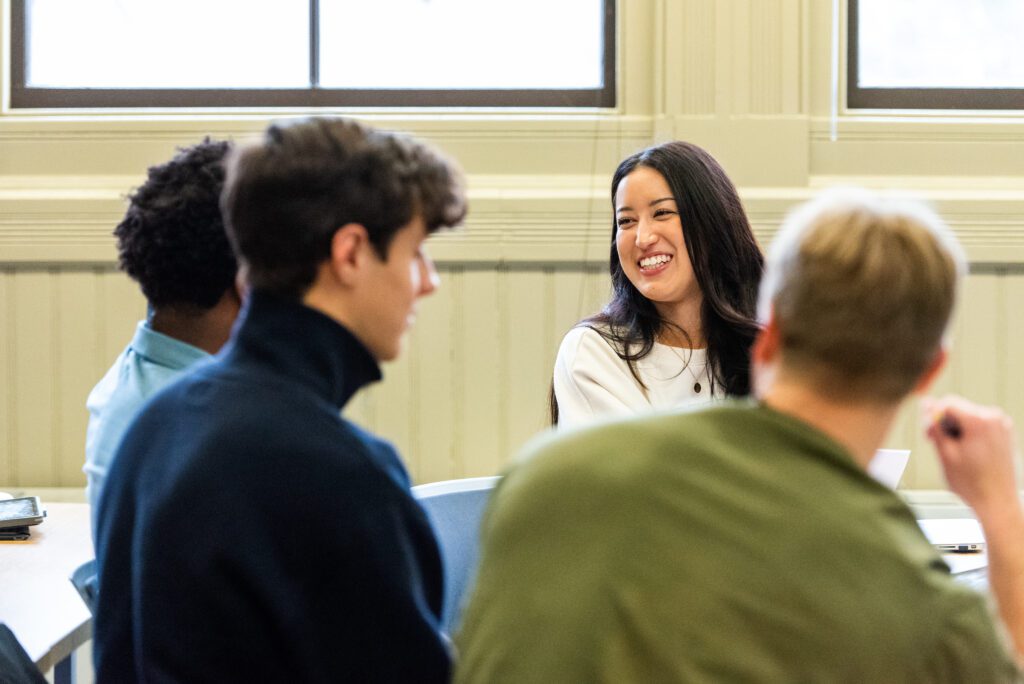
For the students, the simulations are a highlight of the course. “I have absolutely loved the simulations that we do in this class,” Abigail Mack, Harvard College ‘25, said and added: “What we learn from them is just as important as the lectures.” Strengthening students’ skills in negotiation, debate, and understanding the complexity of climate policy decisions have proved invaluable.
Beyond classroom simulations, GOV1722 students translate these lessons into practice by contributing to the efforts of local communities to obtain government grants that would help them address environmental problems. The Salata Institute facilitated a connection with EPA District 1 for the course, enabling students to work with environmentally vulnerable communities and assisting local policymakers with EPA grant applications. This semester, students helped policymakers in Chelsea apply for EPA grants to support heat resilience projects including the Cool Block Project and Island End Project. Students also supported policymakers in Lawrence with applications to fund heat resilience work, and helped leaders in New Bedford apply for grants to improve flood resilience on the Acushnet River and harbor.
“We are working in real communities, with real people and building real solutions,” said Asare-Konadu. And the projects aren’t just for show. “There is a chance that our project will be implemented in the communities we work with, where we can actually see we made a difference,” said Mack. “This class goes beyond drilling the facts into our heads. GOV1722 teaches us to care. We are encouraged to challenge existing assumptions about climate mitigation, to push boundaries, and think outside the box.”
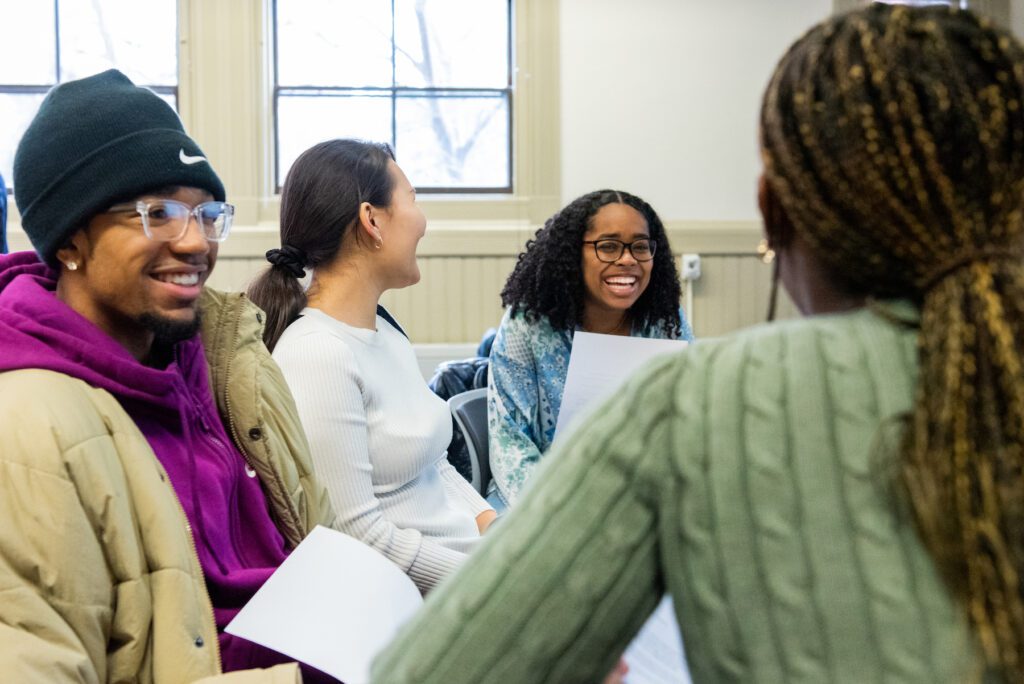
Most of all, students are excited to be learning so much while also gaining hands-on practical experience. “Most people come to Harvard University with hopes of one-day making a positive change in the world. This class provides an opportunity for students to start making those changes while they are still here,” said Asare-Konadu.
